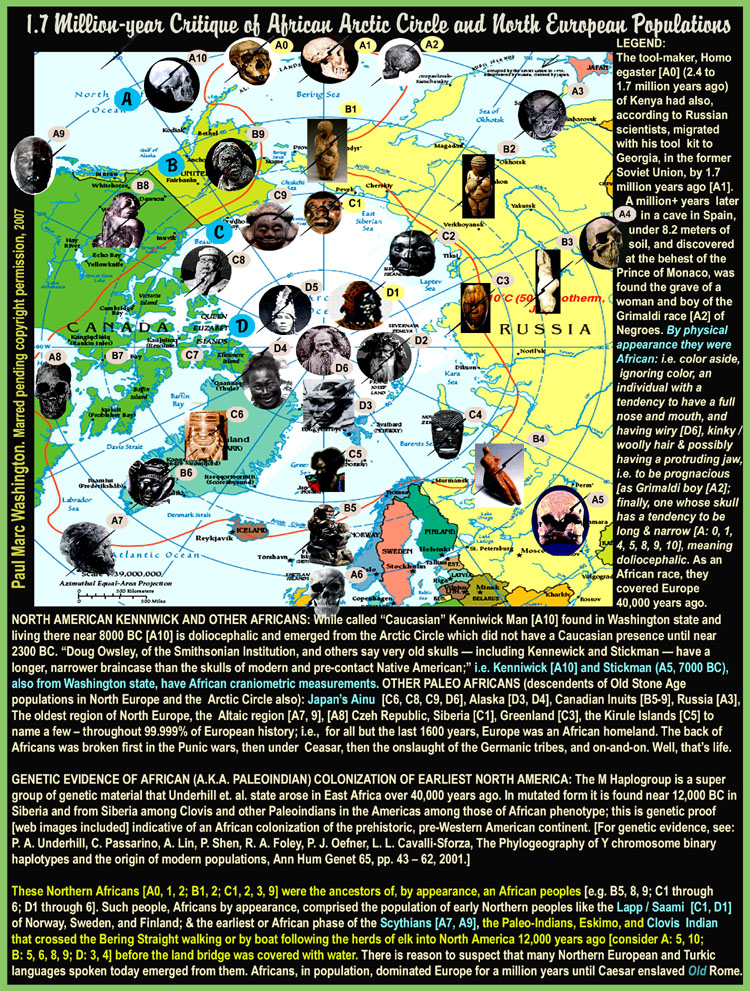The Romans were expansionistic, militaristic fascists
Who achieved a level of civilization which Europe did not regain until the 19th century.
Moderators: MichelleH, Minimalist, JPeters
The Romans were expansionistic, militaristic fascists
civilization, civilisation [ˌsɪvɪlaɪˈzeɪʃən]
n
1. (Sociology) a human society that has highly developed material and spiritual resources and a complex cultural, political, and legal organization; an advanced state in social development
Even classicists wouldn't ignore the Renaissance and Enlightenment , both a wee bit earlier than the 19 th C.Minimalist wrote:The Romans were expansionistic, militaristic fascists
Who achieved a level of civilization which Europe did not regain until the 19th century.
Really? Imo even Jeremy Clarkson couldn't have driven that route in a modern car on those 'paved' roads. Even with a Landcruiser.Minimalist wrote:By the end of the first century AD a traveler could begin in Aswan, Egypt and travel to the North Sea on paved, patrolled, roads
One can. In America. With the greenback and with McDonald's, Wendy's, and Pizza Hut every 20 miles, on the interstate system, literally blanketing the continental USA. Or in the EU (but with the €uro and Autobahnen of course; the rest is about the same, with the same brands...).with inns at easy stages, using a common currency.
One cannot do that today.
the Renaissance
and Enlightenment
Really? Imo even Jeremy Clarkson couldn't have driven that route in a modern car on those 'paved' roads.
One can. In America.
Wondering is speculation.Minimalist wrote:2,000 years after they were built they were still recognizable as "roads." I wonder what will be left of our modern highways in 4100 AD?Really? Imo even Jeremy Clarkson couldn't have driven that route in a modern car on those 'paved' roads.
One can. In America.
I'm not so sure about the Aswan to Memphis part, but from there on one can drive leisurely and comfortably in any Joe Blow car to Hammerfest in northern Norway without stopping (if you take a leak out the window). That's 2,000 kilometers more northerly than one could in Roman times. Well north of the polar circle.I was talking about the area controlled by the Romans.
Indeed. But it will turn out the Phoenicians/Carthaginians did.A few amphorae may have made it across - accidentally - but the Romans did not get here.
It might have been the continuation of Atlantis after that was engulfed.How much better off would America have been if they had?
civilization, civilisation [ˌsɪvɪlaɪˈzeɪʃən]Minimalist wrote:And what were the levels of trade and commerce in the Renaissance? How great was the road system? Did people have running water and sewage systems or were they still dumping their garbage in the middle of the streets?
By the end of the first century AD a traveler could begin in Aswan, Egypt and travel to the North Sea on paved, patrolled, roads, with inns at easy stages, using a common currency.
One cannot do that today.
Faaar greater than the world had ever seen before that period (including Roman and even Carthaginian times): BEIC, DEIC, BWIC, DWIC, Spanish colonialism and trade, Portugese colonialism and trade, British-American colonisation and trade, the Hanseatic League, etc. etc.Minimalist wrote:And what were the levels of trade and commerce in the Renaissance?
A lot greater than in Roman times: in the Renaissance they had global sea routes, which the Romans never had (but the Phoenicians/Carthaginians did!). In the Renaissance Europe had a hundred times more paved roads - local, regional, and trans-continental - than in Roman times.Minimalist wrote:How great was the road system?
No, and neither did the common Roman citizen. Only the Roman super elite (it was a deeply fascist society, remember) – 0,1% of the population – had, and could afford, running water and sewage systems.Minimalist wrote:Did people have running water and sewage systems
Indeed, like 99,9% of Roman citizens did before them.Minimalist wrote:or were they still dumping their garbage in the middle of the streets?
